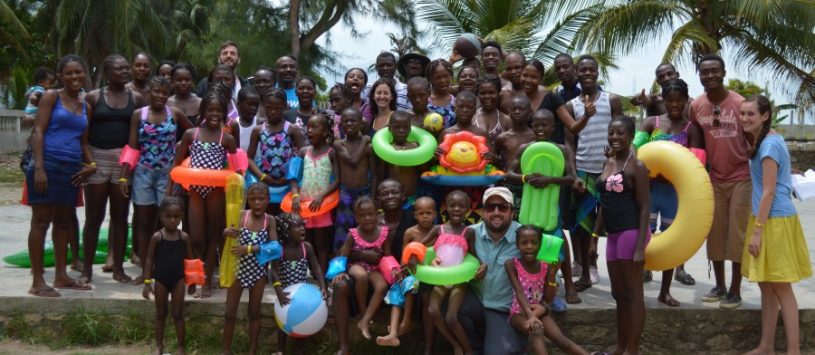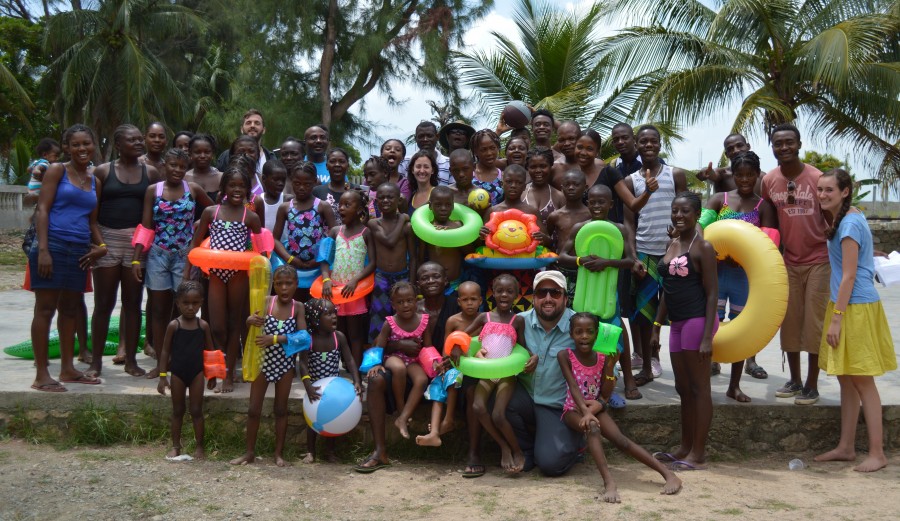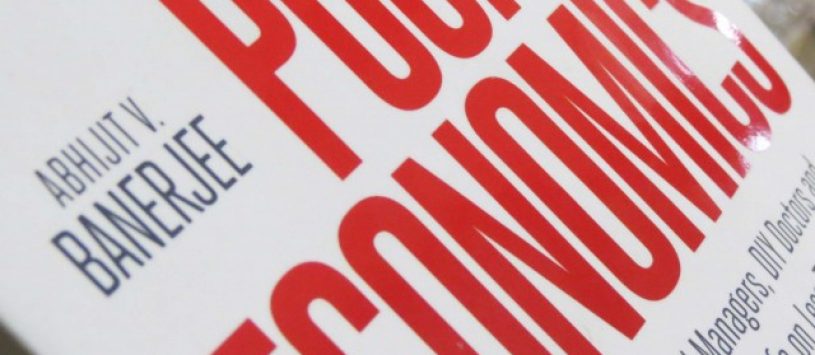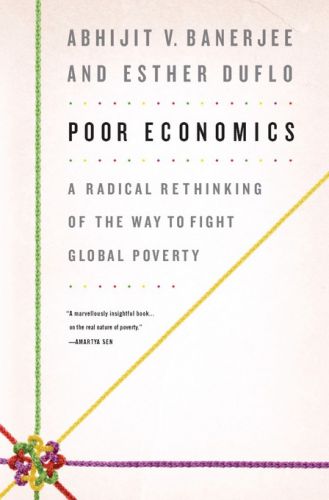Hello all! We just wanted to make you aware of an upcoming trip in June/July. Our VP, Chris Pfeiffer, and Special Projects Director, Brady Cillo, will be advancing some of our work, as well as leading a team from Pleasant Hills Community Church (Pittsburgh, PA) in Cap Haitien, Haiti.
The main goal of the trip will be to meet with and show love to our Peace & Joy families, including our annual beach trip…quite possibly the most fun day of the year! Specific objectives include: discussing small business opportunities with each family, networking with a local church to explore ministry opportunities in the future, taking 60+ kids, family members, and volunteers to the beach, and much more. Our little friends live 10 miles from the beach and had never been there before we started this tradition. Here’s a picture of our trip from last year to get you thinking about how much fun we’ll have.
Please keep us in your prayers and if you’d like to make a specific donation for this trip, please click here!




